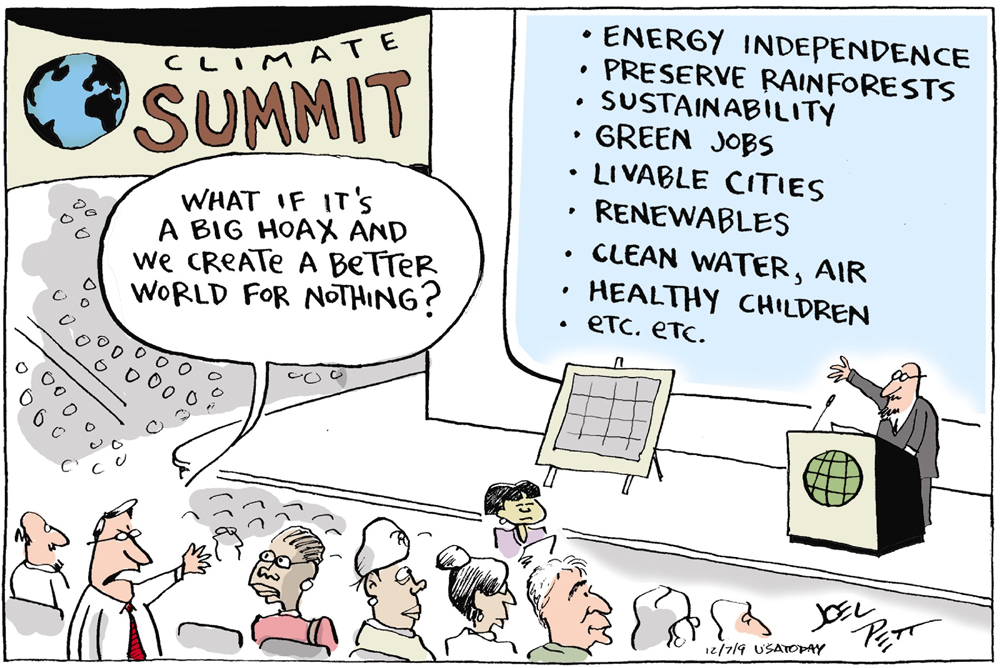In last MC3 researcher reflection, Eric Brown made mention of Pope Francis’s encyclical, and how it called on over a billion Catholics to support climate action. In the third in our series of reflections from MC3 researchers, Rob Newell, Doctoral Candidate at the University of Victoria, further discusses the encyclical, particularly how it evokes concept of ‘home’ and what this might mean in terms of climate action.
The subtitle of the recent encyclical delivered by Pope Francis, On Care for Our Common Home, bears an uncanny resemblance to the title of another call to action on sustainable development put forward by the Brundtland Commission 28 years ago, Our Common Future. By referring to ‘Our Common’, both the encyclical and Brundtland Report express that ‘we are in this together’, meaning that we are connected through our ecological, social and economic systems and thus issues within these systems are experienced worldwide.
However, where they differ is what they refer to as being commonly shared. Brundtland Commission refers to sharing a ‘future’; whereas, the encyclical refers to sharing a place, i.e., ‘home’. Brundtland’s reference to future and the element of time was deliberate as it prompted thinking about the needs of upcoming generations and ultimately helped shape one of the most heavily cited definitions of sustainable development. This begs the question then, what are the implications of employing the term home in this more recent call to action?
The term ‘home’ speaks to our sense of place and brings to mind the geographies that we are most invested in and attached to. By employing the language ‘Our Common Home’, the encyclical is urging people across the planet to think of global issues to be as important as issues in our backyard, or perhaps more to the point, think about us as sharing and having only one ‘common backyard’. However, this is easier said than done. As Dr. Azim Shariff notes in The Moral Imperative, one of the biggest psychological barriers to climate action is that many think of climate change as an issue that affects people and places ‘far away’, meaning that it doesn’t impact us at ‘home’.
The key to addressing this problem could lie in co-benefits and promoting an understanding that what is good for the world is also good for our home communities. As discussed in our recent Climate Imperative e-Dialogues, climate action on the local level does not necessarily need to be framed as action toward tackling this global issue; rather, it can just be discussed as shifts toward living a better existence, right here, right now. I would argue that in most people’s images of an ideal community, people are healthy and happy; therefore, things like access to green space, clean air, long-term and affordable energy, social connectivity, nutritious foods, frequent exercise and pleasant travel are aspects of this ideal. In this light, we can see innovations that move us toward decarbonisation as simply allowing for better living. For example, groups like the Ottawa Renewable Energy Cooperative (OREC) that contribute to shifts away from carbon economy by encouraging renewable energy development, also contribute to local energy security and phasing out of air-polluting energy production (e.g., coal). As another example, mixed-use developments with pedestrian pathways and local food capacity such as the planned San Francisco Central Corridor Eco-District contribute to climate action by reducing need for car-based travel and transport of products, while simultaneously allowing people spend less time in traffic, eat healthier, and exercise more regularly.
Ultimately, in the process of improving our homes, we will actually be contributing to global climate imperative. Therefore, even if we have difficulties ‘thinking globally and acting locally’ (to borrow a phrase), we can still ‘act globally while thinking locally’. Referring back to the encyclical, we might think about this as caring for Our Common Homes and operating with understanding that true, authentic improvements that we make to our communities are the ones that also better the world as a whole.
